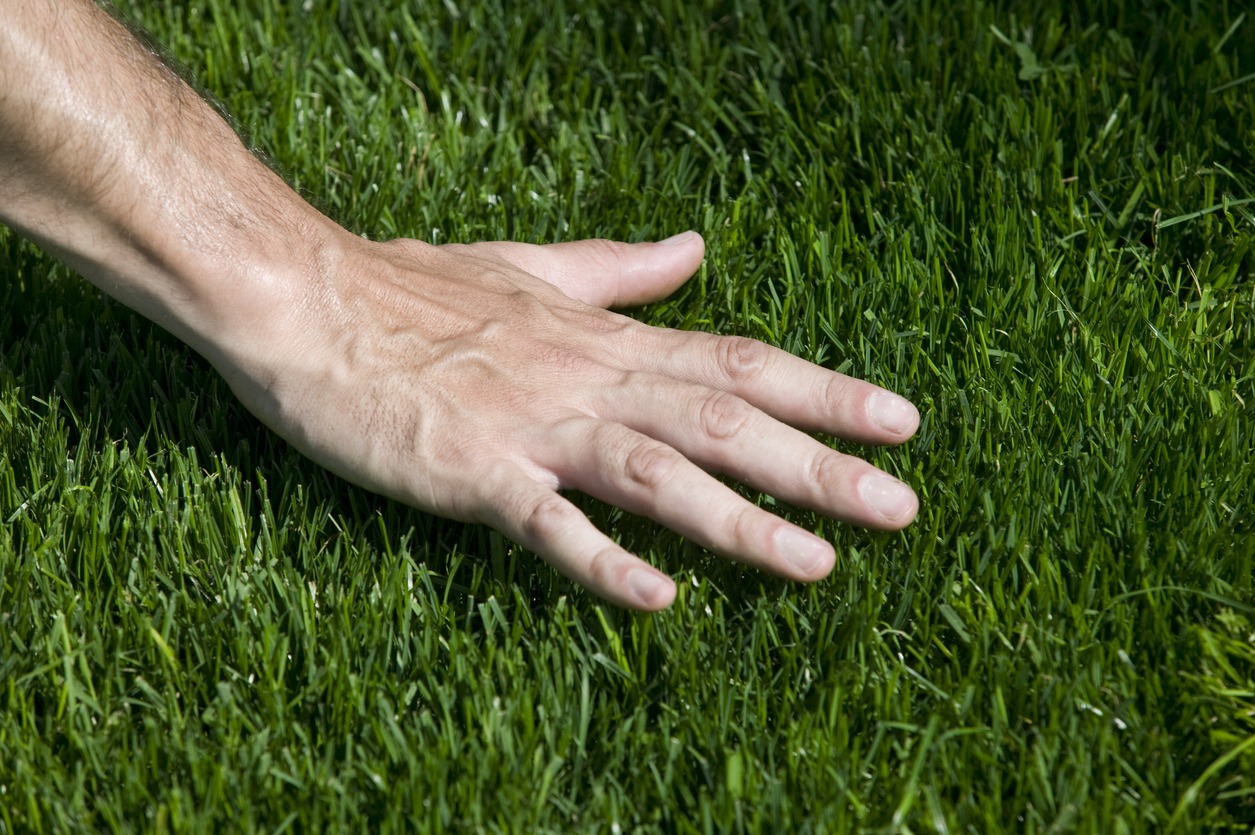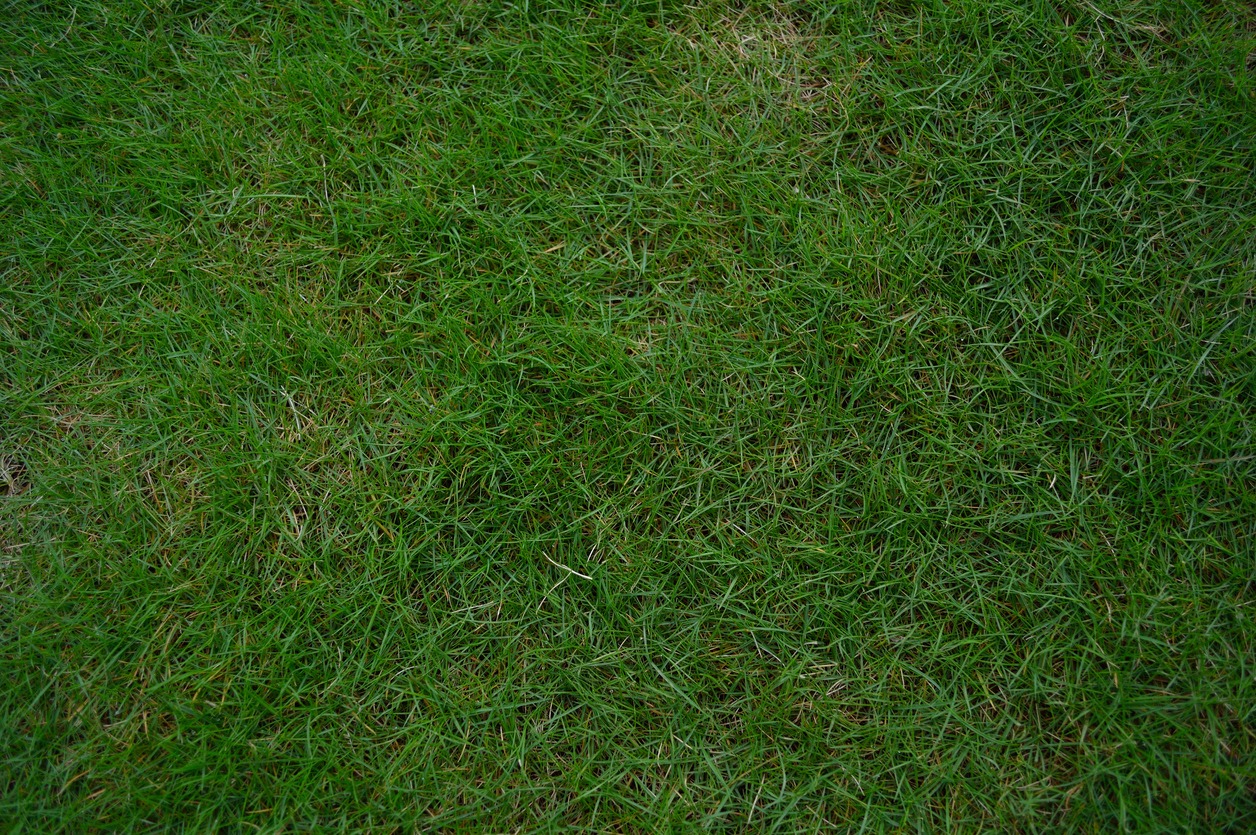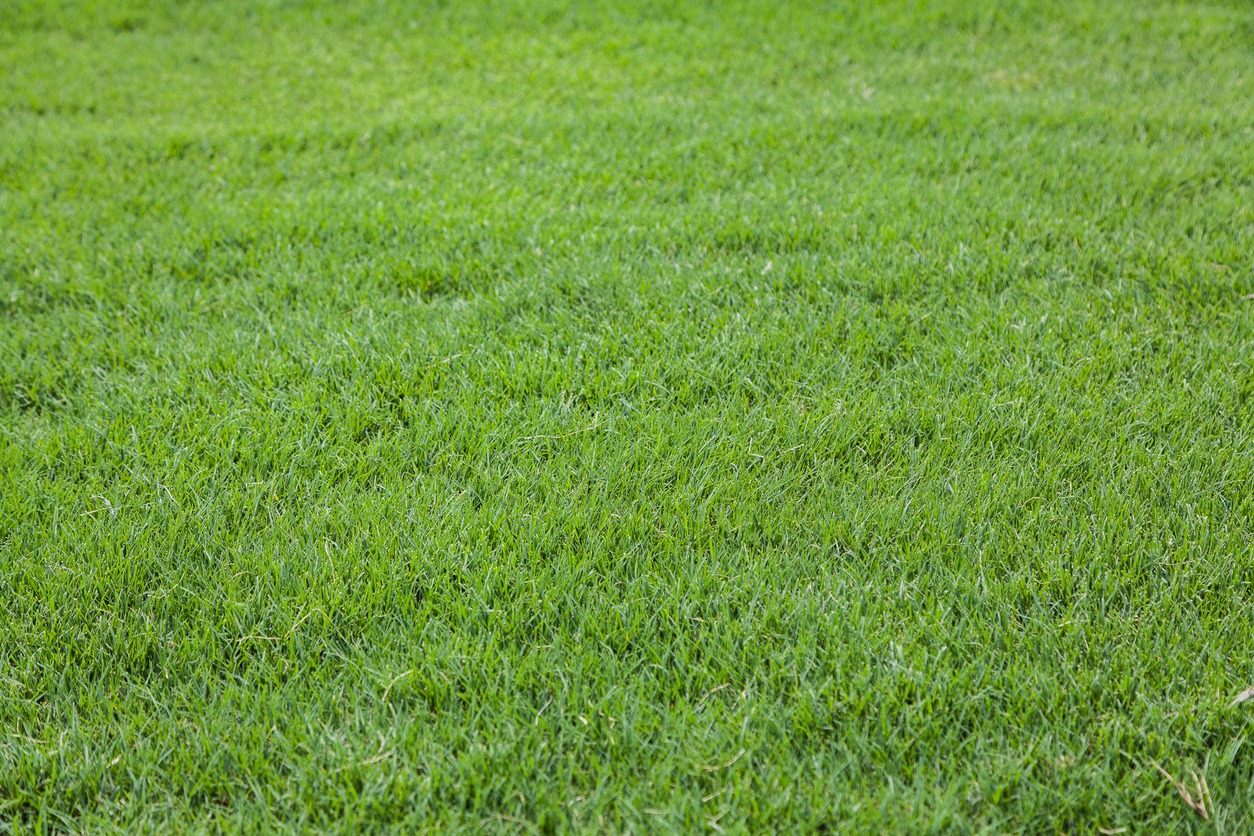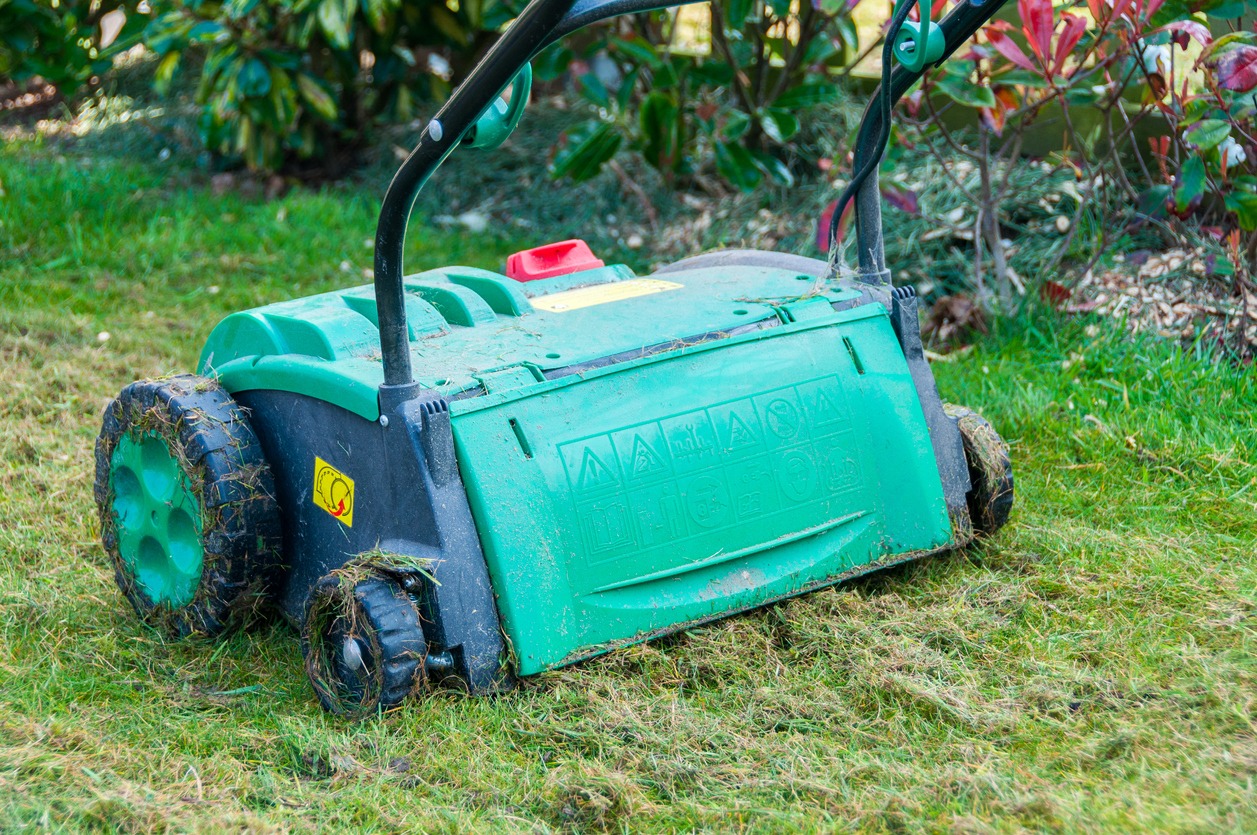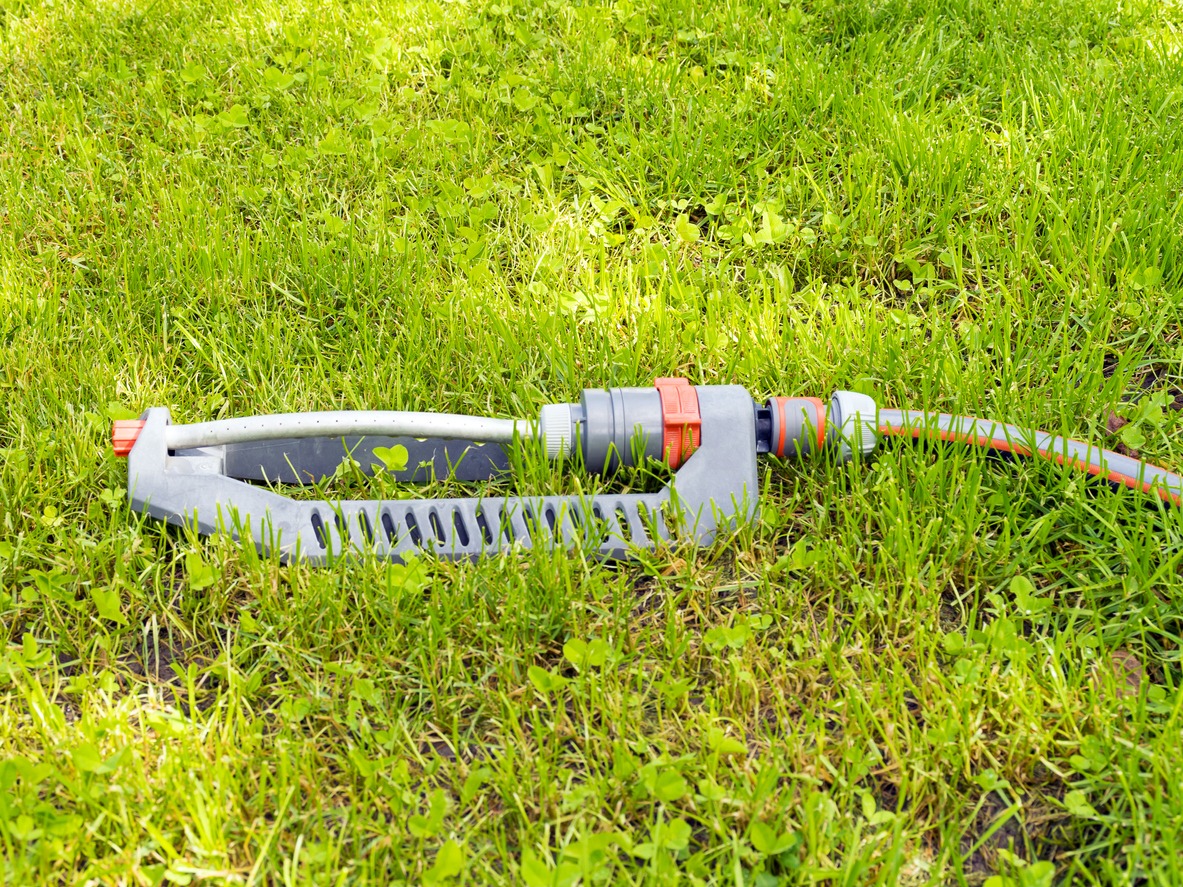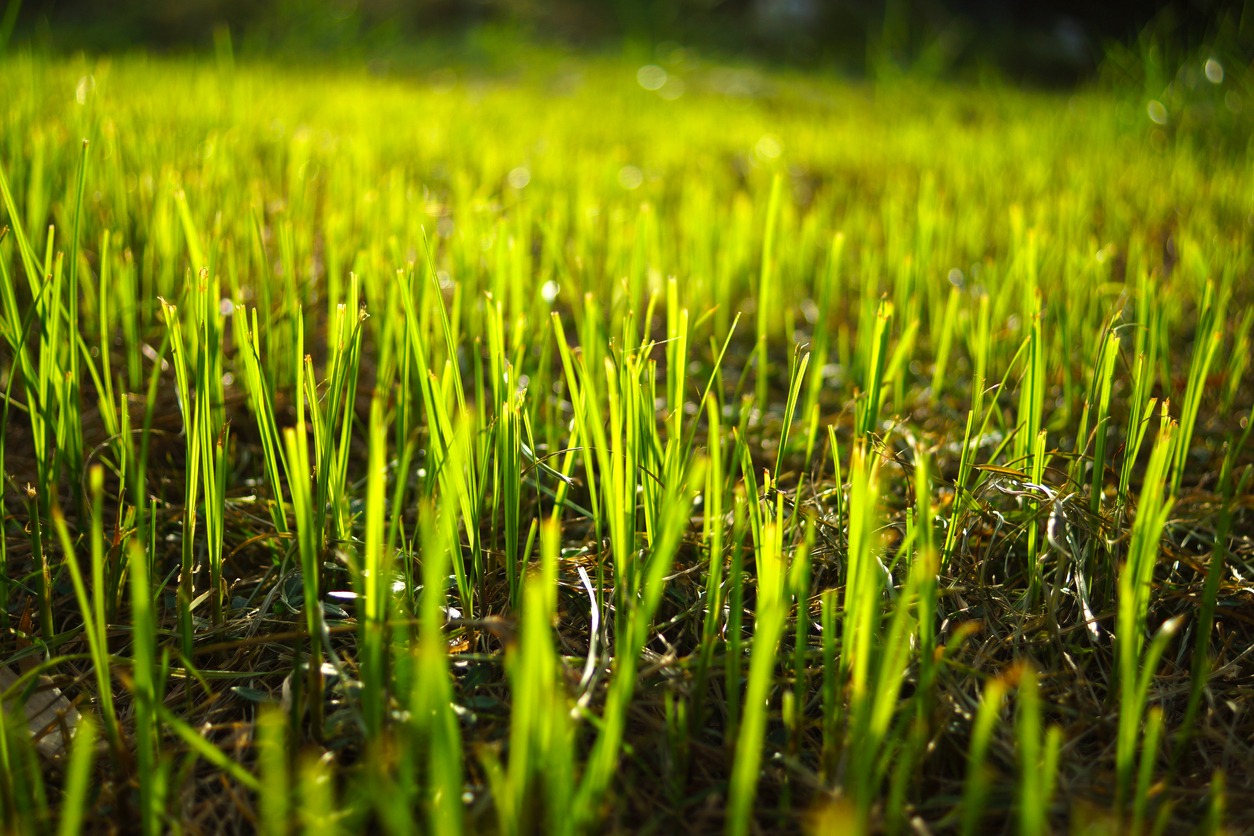Ever dreamed of walking barefoot on your own thick, lush Bermuda grass lawn? Transforming your lawn into a dense, green oasis might seem like a challenge, but it is entirely achievable with the right approach. Bermuda grass, beloved for its durability and vibrant color, can be your lawn’s crowning glory with a bit of know-how and care. This concise guide will provide you with easy-to-follow steps to thicken your Bermuda grass, turning your lawn into the envy of the neighborhood. So, let’s get started on the path to a fuller, greener lawn!
Key Strategies
Bermuda grass, known for its resilience and fine texture, is a popular choice for lawns in warmer climates. However, achieving that thick, carpet-like appearance requires more than just occasional watering and mowing. Here, we delve into the key strategies to make your Bermuda grass thicker and more vibrant.
1. Understanding Bermuda Grass
Bermuda grass thrives in full sun and high temperatures, making it ideal for summers. It is a fast-growing, aggressive grass that responds well to care and maintenance. Knowing this nature helps in tailoring your lawn care routine.
2. Soil Health and Preparation
The journey to a thicker Bermuda grass lawn begins beneath the surface. Conduct a soil test to understand your soil’s pH level and nutrient profile. Bermuda grass prefers a slightly acidic to neutral pH (around 6.0 to 7.0). If necessary, amend your soil with lime (for acidic soil) or sulfur (for alkaline soil) to achieve the right balance. Good soil should also be rich in organic matter, so consider adding compost to enhance its fertility and structure.
3. Proper Fertilization
Bermuda grass loves nitrogen, so use a high-nitrogen fertilizer to encourage lush green growth. The ideal times to fertilize are late spring and early summer when the grass is actively growing. Be cautious with the amount – over-fertilizing can lead to excessive growth, making the grass susceptible to diseases.
4. Regular Mowing
Mowing plays a significant role in the thickness of Bermuda grass. Because Bermuda grass tends to grow vertically, it decreases the thickness. But we must ensure that it expands quite steeply when it spreads all over the ground. It should be mowed to a height of 1.5 to 2 inches, and the practice should be frequent, as Bermuda grass grows fast. Regular mowing encourages the grass to grow laterally and become denser.
5. Adequate Watering
Adequate watering is essential for Bermuda grass to achieve thicker growth as it supports robust root development, enhancing the grass’s ability to absorb nutrients and water. This not only contributes to denser foliage but also improves the lawn’s drought resistance. Properly hydrated Bermuda grass can better withstand environmental stresses, maintaining its thickness and overall health even during dry conditions.
6. Ventilation
Proper ventilation, or aeration, is beneficial for Bermuda grass allowing roots to spread and absorb nutrients and water efficiently. This process helps to reduce soil compaction, enhances root growth and development, and improves water and nutrient uptake.
7. Weed and Pest Control
Weeds compete with Bermuda grass for nutrients and space. Use a pre-emergent herbicide in early spring to prevent weed seeds from germinating and a post-emergent herbicide for existing weeds. Also, be on the lookout for pests and diseases, and treat them promptly with appropriate pesticides and fungicides.
8. Overseeding
For lawns that are thin or have bare spots, overseeding with Bermuda grass seed can help increase density. The best time to overseed is late spring or early summer when the soil temperature is warm enough for seed germination.
Common Equipment, Materials, and Products Used
To achieve a thicker Bermuda grass lawn, it is essential to use the right equipment, materials, and tools, each serving a specific purpose in lawn care.
Soil Test Kit
A Soil Test Kit is crucial for measuring the pH levels and nutrient content of the soil, which guides you in making informed decisions about fertilization and soil amendments. For fertilization, Nitrogen-rich fertilizers are recommended, specifically those formulated for Bermuda grass. You can choose between slow-release granular or liquid fertilizers to provide a consistent nutrient supply to the lawn.
Soil Amendments
Adjusting soil pH is essential; lime can be applied to raise pH levels in overly acidic soils, while sulfur is used to lower pH in alkaline conditions. These adjustments ensure optimal nutrient absorption. Additionally, incorporating organic matter like compost is highly beneficial. Compost improves soil structure, enhances water and nutrient retention, and introduces beneficial microorganisms. This is especially helpful for sandy soils, which need improved water retention, and clay soils, which require better aeration and drainage. Overall, these amendments create a more fertile and conducive environment for Bermuda grass to thrive.
Lawn Aerator
Such as spike aerators or plug/core aerators, this helps to relieve soil compaction, allowing roots to grow more deeply and efficiently. For lawn maintenance, a Dethatching Rake or Power Dethatcher is useful for removing excess thatch, which can hinder grass growth and health.
Herbicides
Pre-emergent herbicides are applied to prevent weed seeds from germinating and are most effective when used in early spring or fall. Post-emergent herbicides, on the other hand, are used to eliminate existing weeds and should be chosen based on their safety for Bermuda grass to avoid damaging the lawn. For smaller areas or specific weed problems, manual weeding tools can be a more targeted and environmentally friendly option. These tools allow for the precise removal of weeds without affecting the surrounding grass, making them ideal for spot treatments.
Sprinklers
Regular and adequate watering is key to maintaining a thick Bermuda grass lawn, especially during dry periods. Proper irrigation is vital, so an Irrigation System or Sprinklers are necessary for efficient and even watering of the lawn.
Weed Killers
Weeds pose a significant challenge as they aggressively compete with the grass for essential resources like nutrients, water, and sunlight. When weeds are allowed to proliferate, they can quickly overtake a lawn, hindering the growth and density of Bermuda grass. Utilizing weed killers, both pre-emergent (to prevent weed seeds from germinating) and post-emergent (to tackle existing weeds), is crucial in maintaining a weed-free lawn.
Lawn Mowers
The lawn mower, particularly one with adjustable height settings, plays a crucial role in the health and density of Bermuda grass. Proper mowing is not just about cutting the grass; it is about maintaining it at its ideal height. Mowing at the right height also helps promote a deeper root system, which is essential for the overall health and drought resistance of the lawn. Consistently mowing with sharp blades and at the correct height ensures that the Bermuda grass is not stressed or damaged, promoting a lush, healthy, and dense appearance.
Garden Spreader
When overseeding to fill in thin areas, High-quality Bermuda grass seed and a Lawn spreader for even seed distribution are important. A lawn spreader ensures that seeds are distributed evenly across the lawn.
Conclusion
Beautification is an art that requires diligent effort. Achieving the desired thickness of Bermuda grass involves various tasks. These methods are simple, yet they demand consistent attention. Ultimately, only proper maintenance can ensure the desired thickness that you seek in your Bermuda grass.

